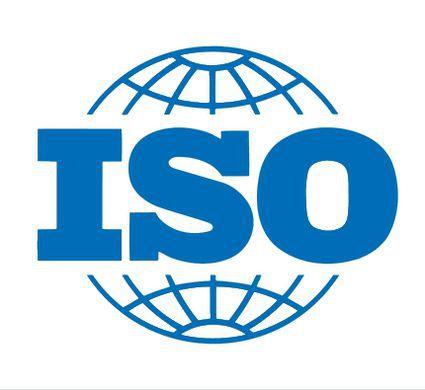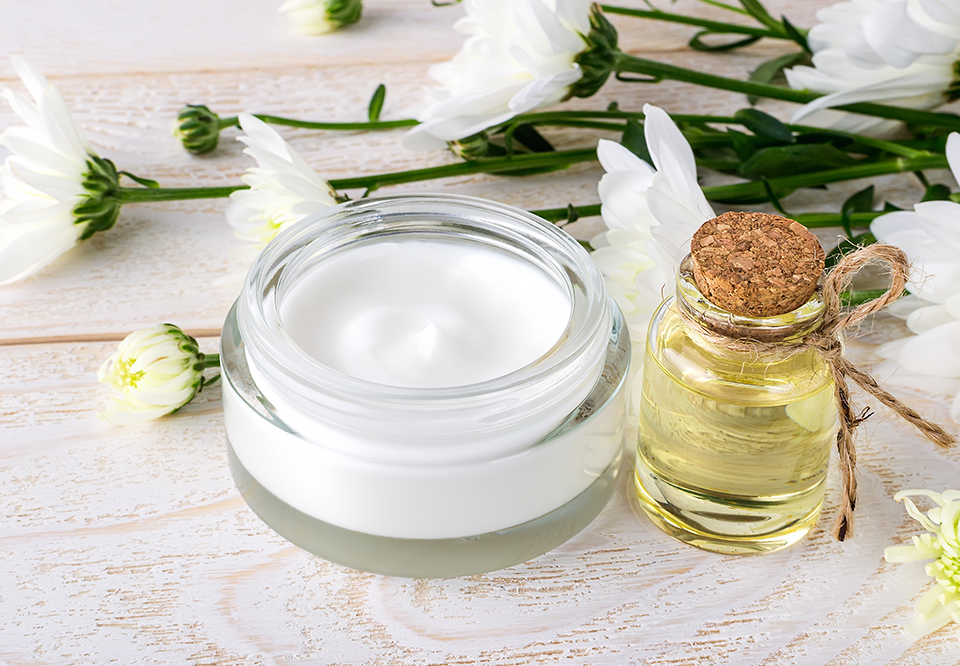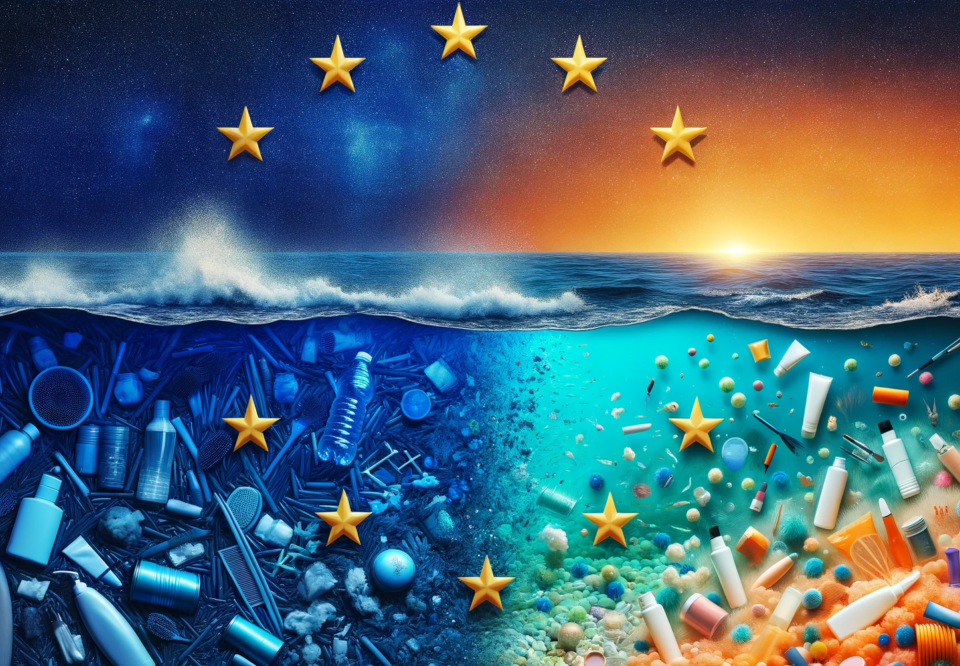Due to increased awareness of environmental protection and an increased consumer desire to have a healthier lifestyle, the organic trend has emerged in all sectors and especially in the cosmetics sector with an explosion in the marketing of organic cosmetics in the 2000s.
What does “organic” mean?
From the 1950s to the 1970s, an organic product was a product containing human origin ingredients (placenta or amniotic liquid), or animal origin such as serum or hormones.
Today, the term « organic » refers, in a simplified way, to a natural element derived from organic farming. So, water and minerals are not considered organic.
Falsely common belief
For the consumer, an organic cosmetic product would ideally be a product composed of 100% natural and organic ingredients with an environmentally friendly packaging, i.e. recyclable, compostable, etc.
Thus, synthetic ingredients or some unfairly pointed ingredients, would be excluded from the composition of these products.
However, a cosmetic product claimed as « organic » must be composed of 95% of natural ingredients and 20% organic ingredients (10% for rinsed off products) on the total product (taking into account the water and mineral content).
Thus an organic cosmetic can not have more than 5% synthetic ingredients in its formulation, but may contain any.
On the other hand, a natural cosmetic product can be composed of many natural ingredients and other substances banned in organic cosmetics such as silicones or some preservatives and does not guarantee the absence of any pesticide or GMO.
Different kinds of certifications – standards
There are several certifications and standards with specific specifications to ensure that a cosmetic product is organic or natural.
 The best known is ECOCERT COSMOS ORGANIC. It allows the marketing of organic or natural products. This certification is done according to the international COSMOS standard or the Ecocert private repository.
The best known is ECOCERT COSMOS ORGANIC. It allows the marketing of organic or natural products. This certification is done according to the international COSMOS standard or the Ecocert private repository.
 The other standard is ISO 16128, which came into effect in 2017. This standard has facilitated the claim of natural on a product, because according to this standard, an ingredient is considered natural derivative as long as it contains more than 50% natural materials. In addition, there is no blacklist of ingredients under this standard, so ingredients that are unfairly pointed at can be used.
The other standard is ISO 16128, which came into effect in 2017. This standard has facilitated the claim of natural on a product, because according to this standard, an ingredient is considered natural derivative as long as it contains more than 50% natural materials. In addition, there is no blacklist of ingredients under this standard, so ingredients that are unfairly pointed at can be used.
So be careful…
… because even if it is more easily attracted to a certified product, if the consumer has the choice between a “classic” cosmetic product and a cosmetic product claiming a percentage of natural ingredients, he would choose the latter more easily because for the natural consumer means total safety.
… because this growing interest in organic products, especially organic cosmetics, has led some brands to make greenwashing by communicating to the public about their products with a misleading ecological argument. Moreover, a 2019 investigation by the French DGCCRF (specifically targeting the “natural” and “organic” cosmetics sector) shows that there are insufficiently justified claims, a lack of traceability of certain products and the presence of banned substances or allergens not mentioned in the ingredient list.
… because the conditions imposed by the various organic and/or natural certifications and standards must be respected in order to better educate consumers in search of an organic or natural cosmetic product and to meet their expectations.




 The best known is ECOCERT COSMOS ORGANIC. It allows the marketing of organic or natural products. This certification is done according to the international COSMOS standard or the Ecocert private repository.
The best known is ECOCERT COSMOS ORGANIC. It allows the marketing of organic or natural products. This certification is done according to the international COSMOS standard or the Ecocert private repository. The other standard is ISO 16128, which came into effect in 2017. This standard has facilitated the claim of natural on a product, because according to this standard, an ingredient is considered natural derivative as long as it contains more than 50% natural materials. In addition, there is no blacklist of ingredients under this standard, so ingredients that are unfairly pointed at can be used.
The other standard is ISO 16128, which came into effect in 2017. This standard has facilitated the claim of natural on a product, because according to this standard, an ingredient is considered natural derivative as long as it contains more than 50% natural materials. In addition, there is no blacklist of ingredients under this standard, so ingredients that are unfairly pointed at can be used.


